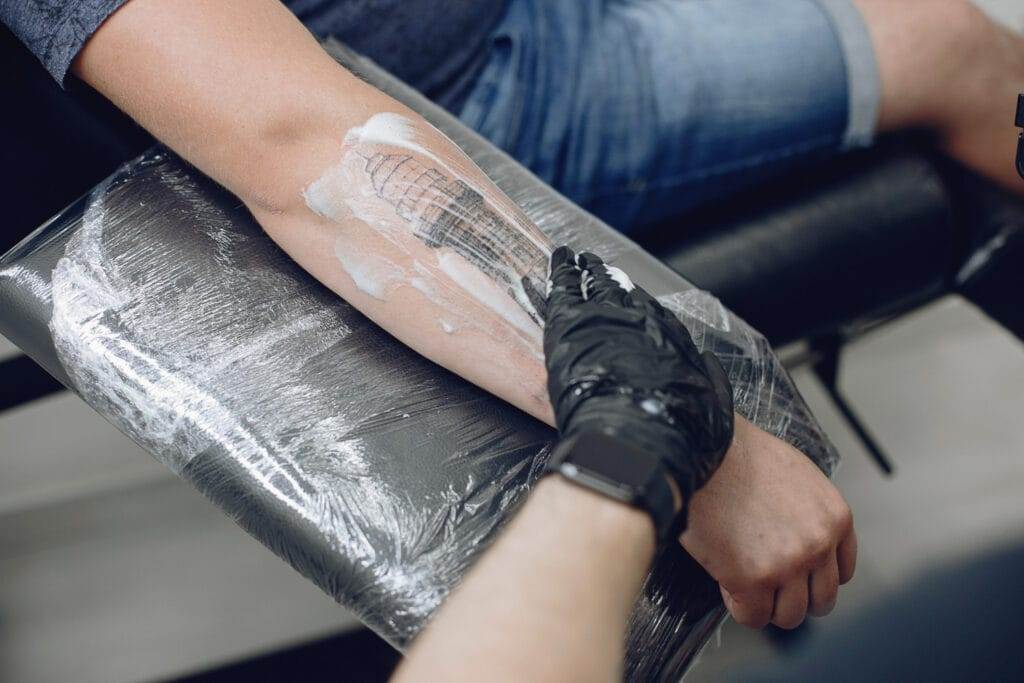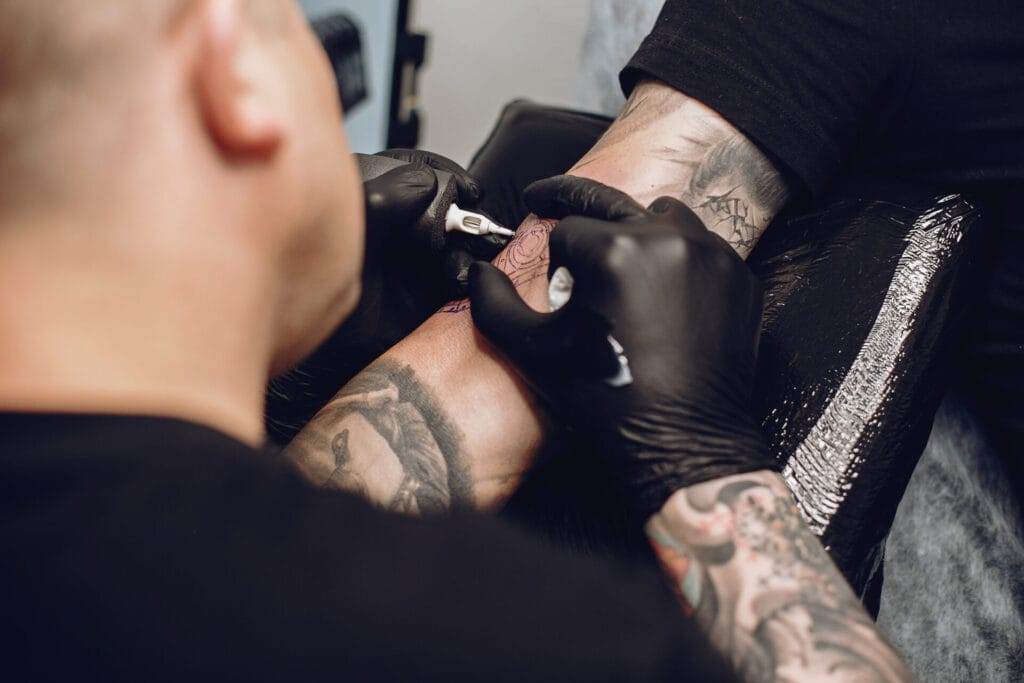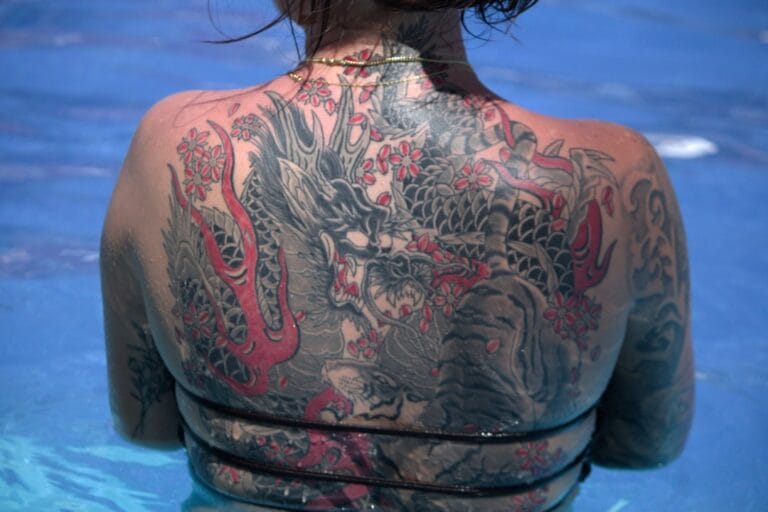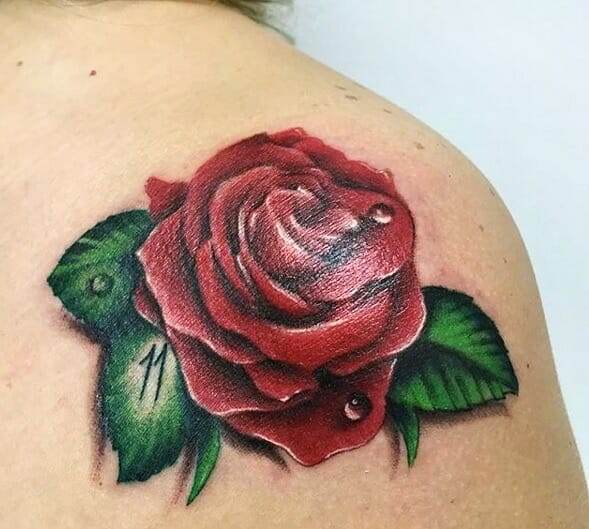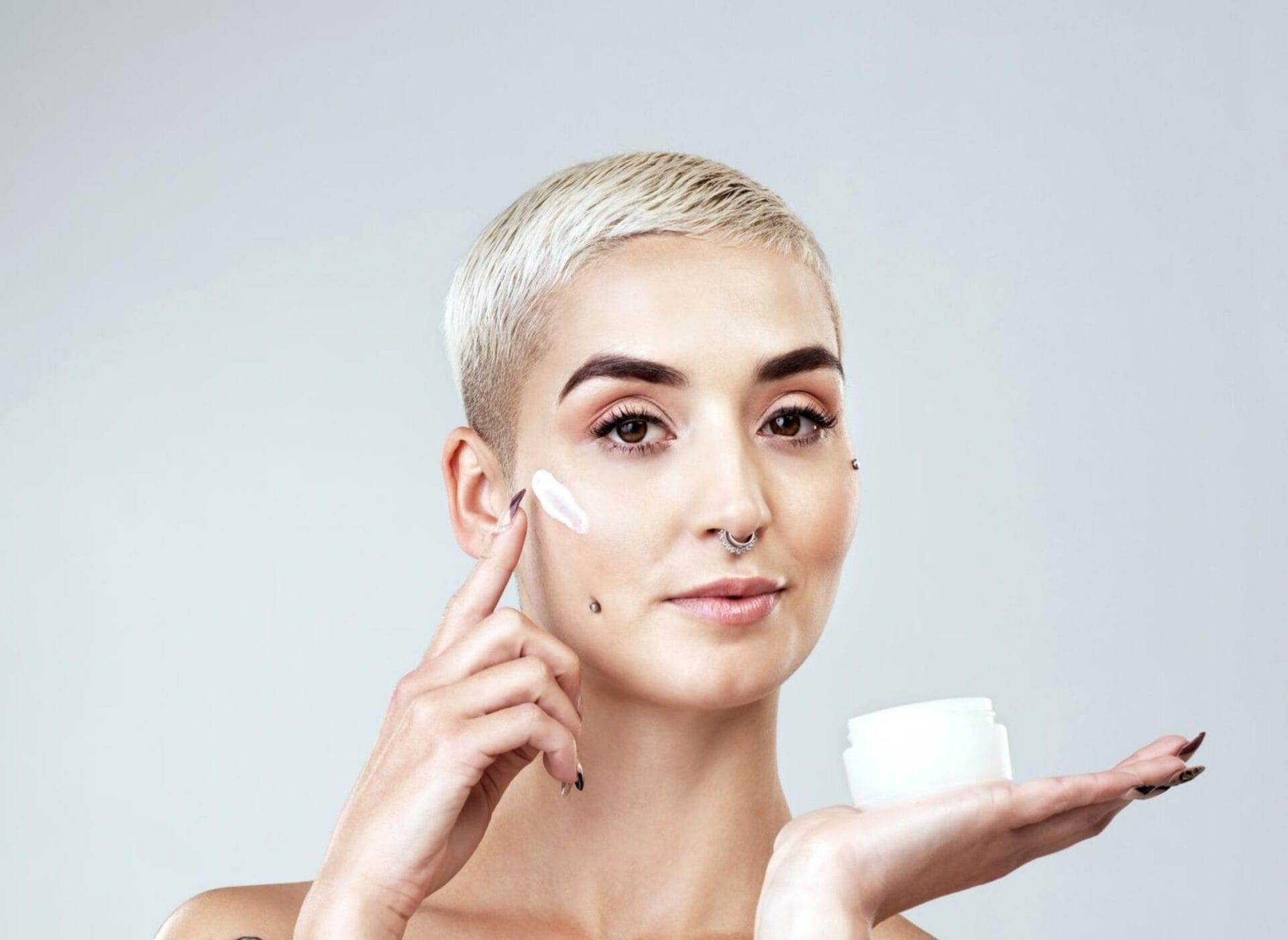
The significance of tattoo care and longevity
Taking proper care of a new tattoo is essential for its longevity and maintaining its vibrant appearance. It is crucial to follow a few simple steps to ensure that your tattoo heals properly and stays looking its best for years to come.
The significance of tattoo care and longevity
- Tattoo care is essential to promote proper healing and minimize the risk of infection.
- Proper aftercare can help prevent fading, distortion, and color loss.
- Taking care of your tattoo can also help reduce scarring and promote faster healing.
- Longevity is important because tattoos are a permanent form of art, and you want them to look as good as possible for as long as possible.
Common mistakes to avoid
- Not following the aftercare instructions provided by your tattoo artist. It is crucial to follow their advice and recommendations to promote proper healing and prevent complications.
- Touching or picking at your tattoo. This can introduce bacteria and lead to infection. It can also delay the healing process.
- Exposing your tattoo to excessive sunlight. Sun exposure can cause fading and damage to your tattoo. Always use sunscreen to protect your tattoo when spending time outdoors.
- Using harsh or scented soaps on your tattoo. Stick to mild, fragrance-free soap to minimize irritation and promote healing.
- Neglecting to moisturize your tattoo. Keeping your tattoo properly moisturized helps to maintain its appearance and prevent dryness and cracking.
Taking care of your tattoo is crucial for its longevity and vibrant appearance. By avoiding common mistakes and following proper aftercare instructions, you can ensure that your tattoo remains a source of pride for years to come.
Pre-Tattoo Care
Preparing your skin for the tattooing process
Before getting a tattoo, it is important to properly prepare your skin to ensure the best outcome and healing process. Here are some steps to take before getting inked:- Cleanse your skin thoroughly: Make sure to wash the area where you will be getting your tattoo with a mild, fragrance-free soap to remove any dirt or oils that could interfere with the tattooing process.- Avoid moisturizers and lotions: It is recommended to refrain from applying any moisturizers or lotions to the area before the tattooing process. This can help ensure that the skin is free from any substances that may interfere with ink absorption.- Exfoliate gently: Using a gentle exfoliating product or scrub can help remove dead skin cells and create a smooth surface for the tattoo. However, be careful not to over-exfoliate or scrub too hard as this can irritate the skin.
Ensuring proper hydration and nutrition
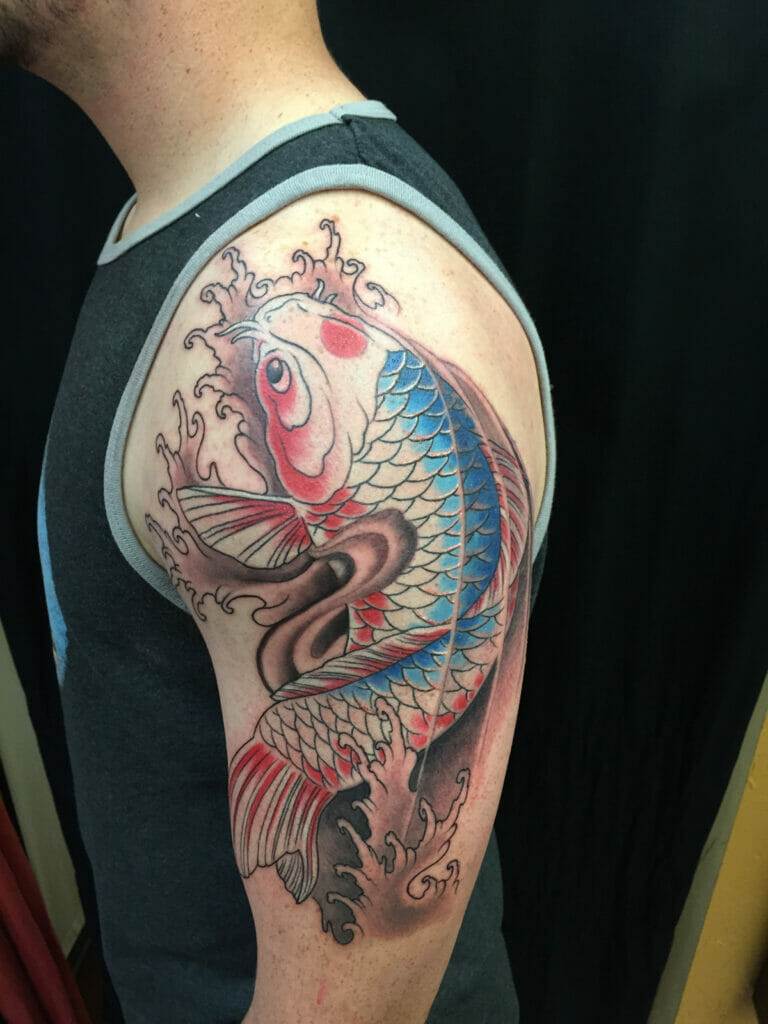
Healthy skin starts from within, so it is important to prioritize hydration and nutrition before getting a tattoo. Here are some tips:- Drink plenty of water: Staying well-hydrated can help keep your skin supple and moisturized, which is crucial for the healing process. Aim to drink at least eight glasses of water a day.- Eat a balanced diet: Incorporate foods rich in vitamins, minerals, and antioxidants into your diet. Fruits, vegetables, whole grains, and lean proteins can help support healthy skin.- Avoid alcohol and caffeine: Both alcohol and caffeine can dehydrate the body, which can negatively impact the healing process. It is best to avoid or limit consumption of these substances before getting a tattoo.
By following these pre-tattoo care steps, you can help ensure that your skin is in the best possible condition for the tattooing process and subsequent healing.
Tattoo Aftercare Basics
Cleaning and moisturizing the tattooed area
After getting a tattoo, proper aftercare is crucial to ensure the tattoo heals properly and looks its best. Here are some important steps to take for tattoo aftercare:- Cleanse the area gently: Use a mild, fragrance-free soap and lukewarm water to gently cleanse the tattooed area. Avoid scrubbing or using harsh cleansing products, as this can irritate the skin and disrupt the healing process.- Pat dry, do not rub: After cleansing, gently pat the tattooed area dry with a clean, soft towel. Avoid rubbing or causing friction as this can damage the tattoo and potentially introduce bacteria.- Apply a thin layer of ointment: Once dry, apply a thin layer of recommended tattoo-specific ointment or petroleum jelly to keep the area hydrated and protected. Be sure to follow the aftercare instructions given by your tattoo artist.- Moisturize regularly: As the tattoo heals, it is essential to keep the area moisturized. Use a fragrance-free, hypoallergenic lotion or tattoo-specific moisturizer to prevent dryness and promote healing. Apply the moisturizer regularly throughout the day, but avoid over-applying, as it can clog the pores and interfere with healing.
Protecting the tattoo from sunlight and harmful elements
It is important to protect your tattoo from sunlight and other harmful elements to prevent fading and potential damage. Here are some tips to follow:- Avoid direct sunlight: Keep your tattooed area covered or shielded from direct sunlight during the healing process and even afterwards. Sun exposure can cause the tattoo to fade prematurely and increase the risk of sunburn.- Use sunscreen: If your tattooed area will be exposed to sunlight, apply a broad-spectrum sunscreen with a high SPF to protect the tattoo from harmful UV rays. Reapply sunscreen regularly, especially if you are sweating or spending prolonged periods outdoors.- Avoid swimming pools and hot tubs: Avoid swimming in chlorinated pools or soaking in hot tubs during the initial healing period, as the chemicals and bacteria in these environments can irritate and infect the tattooed area.By following these tattoo aftercare steps and taking necessary precautions, you can ensure the longevity and vibrancy of your tattoo. Remember to consult with your tattoo artist for specific aftercare instructions tailored to your tattoo and skin type.
Healing Process and Timeline
Understanding the stages of tattoo healing
After getting a tattoo, it’s important to understand the healing process and the stages your tattoo will go through before it fully heals. Here is a general timeline of the tattoo healing process:
- Immediate aftermath: Right after getting a tattoo, the area may be red, swollen, and tender. This is a normal reaction to the tattooing process.
- Scabbing and peeling: In the following days, the tattooed area will start to scab and peel. It is important not to pick or scratch at the scabs, as this can lead to scarring or color loss.
- Itching and flaking: As the tattoo continues to heal, you may experience itching and flaking. It is important to resist the urge to scratch, as this can introduce bacteria and prolong healing.
- Settling in and fading: Over the course of a few weeks, the tattoo will start to settle into the skin and may appear slightly faded. This is normal and part of the healing process.
- Final result: After about 4-6 weeks, your tattoo should be fully healed and will showcase its final colors and details.
Recognizing signs of infection and seeking medical attention
While proper aftercare and hygiene practices significantly reduce the risk of infection, it is important to be aware of the signs of a possible infection. If you notice any of the following symptoms, seek medical attention immediately:
- Excessive redness, swelling, or pain that worsens over time
- Pus or fluid oozing from the tattooed area
- A foul odor coming from the tattoo
- Persistent fever or chills
These could indicate an infection, and it is crucial to have it evaluated by a healthcare professional. Early detection and treatment can help prevent complications and ensure a successful healing process.
By understanding the stages of tattoo healing and being vigilant for signs of infection, you can ensure the best outcome for your tattoo. Remember to always follow the specific aftercare instructions provided by your tattoo artist and consult them if you have any concerns during the healing process.
Long-Term Tattoo Maintenance
Keeping the tattoo vibrant and looking its best
Once your tattoo has fully healed, it’s important to take care of it to ensure it stays vibrant and looking its best for years to come. Here are some tips for long-term tattoo maintenance:
- Protect from the sun: UV rays can fade and damage tattoos over time. It’s essential to protect your tattoo from sun exposure by applying sunscreen with a high SPF when going outside. Consider wearing protective clothing or seeking shade whenever possible.
- Moisturize regularly: Keeping your tattoo hydrated will help maintain its color and prevent it from drying out. Use a fragrance-free, gentle moisturizer to moisturize your tattoo regularly. Avoid products that contain dyes, fragrances, or harsh chemicals that can irritate the skin.
- Avoid abrasive products and exfoliation: Scrubbing or exfoliating the tattoo can cause the ink to fade faster. Avoid using harsh soaps, loofahs, or scrubs directly on your tattoo. Instead, wash the area gently with mild soap and pat dry.
- Mindful clothing choices: Be mindful of the type of clothing you wear on your tattooed area, especially during the healing process. Avoid tight-fitting clothes that may rub against the tattoo and potentially cause irritation or fading.

Recommended products for tattoo aftercare
Here are some recommended products for tattoo aftercare that can help promote proper healing and maintain the quality of your tattoo:
- Tattoo-specific moisturizers: Look for tattoo-specific moisturizers that are specifically formulated to nourish and protect tattoos. These moisturizers often contain natural ingredients like shea butter, coconut oil, or aloe vera to soothe and hydrate the skin.
- Unscented, non-alcoholic soap: Use unscented, non-alcoholic soap to clean your tattoo during the healing process. Avoid soaps that contain fragrances, dyes, or alcohol, as they can irritate the skin.
- SPF 30+ sunscreen: Apply a broad-spectrum sunscreen with an SPF of 30 or higher to protect your tattoo from sun damage. Look for sunscreens that are water-resistant and offer both UVA and UVB protection.
- Non-stick bandages: If you need to cover your tattoo, use non-stick bandages that won’t stick to the tattoo and potentially cause damage when removed.
Remember, proper long-term maintenance is crucial for keeping your tattoo looking vibrant and fresh. Following these tips and using recommended products will help ensure your tattoo stands the test of time.

